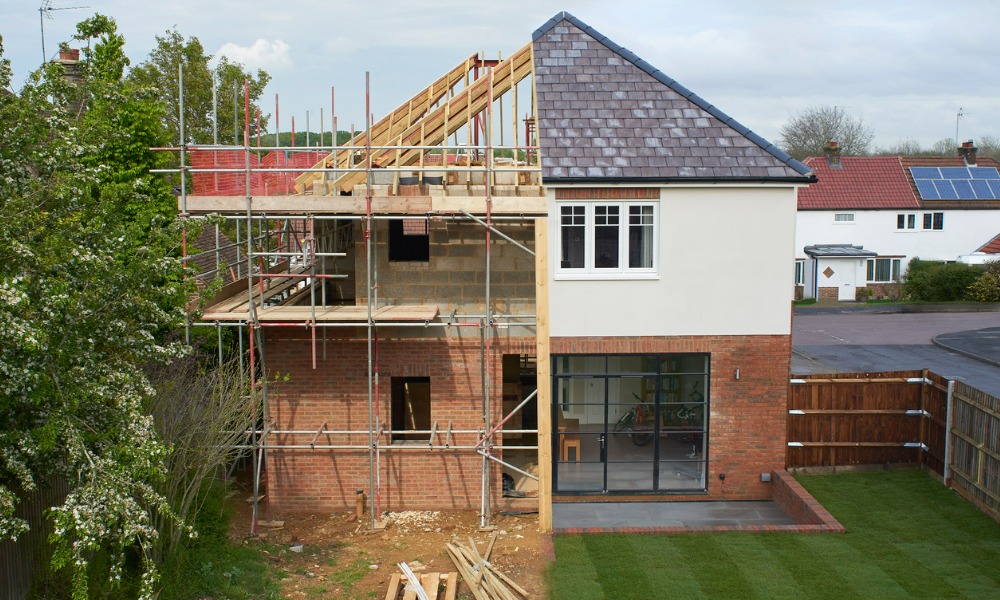How BNPL impacts your credit rating

What is the “buy now pay later” scheme?
“Buy now pay later”, or BNPL, schemes are exactly how they sound: you have the chance to purchase something without having to pay for it immediately, meaning you pay at a later date. Some BNPL, or point of sale credit, schemes allow you up to one year to pay while others give you 30 days.
How does it work?
“Buy now pay later” allows you to spread the cost of your purchase over a longer period, interest free. It also allows you to pay it off as a lump sum at a later date, meaning you don’t have to go into overdraft. BNPL also does not cost you any fees, unlike store cards or credit cards. When you get to checkout, the approval process for a BNPL scheme is nearly instant.
Does BNPL affect your credit score?
“Buy now pay later” affects your credit score in the following three ways:
By increasing your personal debt levels. The fear is that BNPL is simply too easy to get, even though it has its benefits, like increased flexibility. BNPL could push more and more people into debt because it’s so heavily promoted at the checkout and in marketing e-mails, encouraging potential customers to use it without fully understanding the risks.
Through missed payments. Usually, the repayment period is way shorter than it is with a credit card, for instance—oftentimes about six weeks. You will likely be charged a fee if you are unable to pay what you owe on time or if you miss your reminder to pay. Debt collection agencies get involved when those charges mount up, and missed payments or late payments could affect your credit score.
Hard searches on your credit file are bad. While soft checks don’t affect your credit score, hard searches show up on your credit report to other potential lenders. If you have multiple hard searches—making you appear desperate for credit—lenders tend to worry.
How do lenders view BNPL?
To make sure your finances match up with your mortgage application, lenders conduct a hard credit check of your credit report, requesting bank statements. Some “buy now pay later” providers leave traces on your credit report of your interest-free borrowing, while other BNPL providers do not.
Most lenders say that when analysing your bank statements (typically, three months’ worth of bank statements) that they look for BNPL commitments, which means it will be picked up eventually, even if your BNPL borrowing does not show up on your credit report.
Will BNPL affect your mortgage application?
How BNPL your mortgage application affects your mortgage application is dependent on multiple factors, including how much you repay per month, the outstanding amount, and when the arrangements will be repaid.
If the lender thinks you rely too heavily on short-term credit, that could negatively impact your mortgage application. In that case, the lender could either offer you a lesser mortgage or reject your application outright. Either way, it could throw a major monkey wrench into your plans if you have already made the offer on a house.
While there are a number of approaches, BNPL has not landed on lenders’ blacklists. Instead, most lenders take a look at your entire financial situation prior to making any definitive lending decisions. In other words, the presence of BNPL alone is not usually reason enough to deny your application.
Ways you can maximise your mortgage chances
While it’s not totally clear cut, having an arrangement for “buy now pay later” likely won’t negatively impact your mortgage chances alone. BNPL could potentially slow your mortgage application or affect your ability to borrow what you need to purchase a house, due to the lenders’ inconsistent approach to DIP forms, meaning those debts are likely to be found later in the process. The following are ways you can maximise your mortgage chances:
Cool BNPL borrowing. When applying for a mortgage, it’s best to avoid taking out BNPL, if you can avoid it. It is actually recommended that potential homebuyers avoid entering any new credit agreements during the process and to make sure all short-term debts are paid off. Lenders could get spooked if new credit commitments are made in the months leading up to applying for a mortgage.
Make repayments promptly. Not only should you make your BNPL repayments promptly—you should keep on top of your overall debt levels. This includes overdraft, loan, credit card, and other BNPL commitments. Missed payments can be concerning to lenders, making your BNPL borrowing more long term than you originally hoped.
Provide all possible information. This is especially important regarding your DIP form. Earlier in the process, you should ensure you tell your mortgage broker of any BNPL commitments. You will increase your chances of finding a good lender and mortgage approval if you provide your mortgage broker with a complete picture of all your borrowing.



